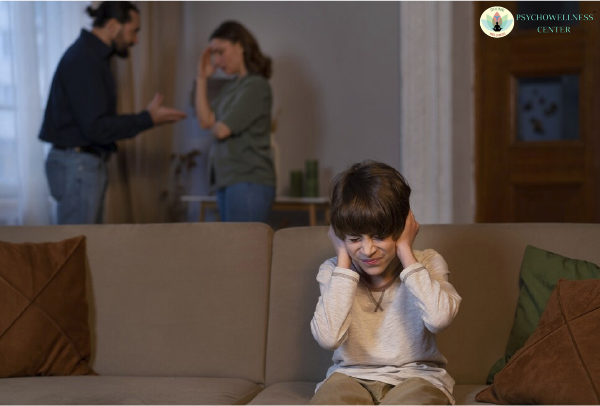POOR SCHOOL PERFORMANCE


Poor school performance is a multifaceted concern affecting a child’s academic achievements, self-esteem, and emotional well-being. It may present as consistent underachievement, lack of motivation, or inability to meet academic expectations despite effort. Without timely intervention, it can have long-term consequences on career opportunities and mental health.
Psychowellness Center, a renowned mental health service provider in West Delhi, adopts a comprehensive and child-centered approach to addressing poor school performance. The expert team evaluates the root causes—whether cognitive, emotional, behavioral, or environmental—and designs personalized strategies to enhance learning and academic success.
Interventions like Cognitive Behavioural Therapy (CBT) focus on identifying self-defeating beliefs, improving study habits, and building a positive academic self-image. At Psychowellness Center, the aim is not only to improve grades but to nurture confidence, motivation, and overall psychological resilience for sustained academic growth.



Poor academic performance can be categorized based on its root causes and patterns of presentation:




Goals of Therapy:
Evidence-Based Therapies: